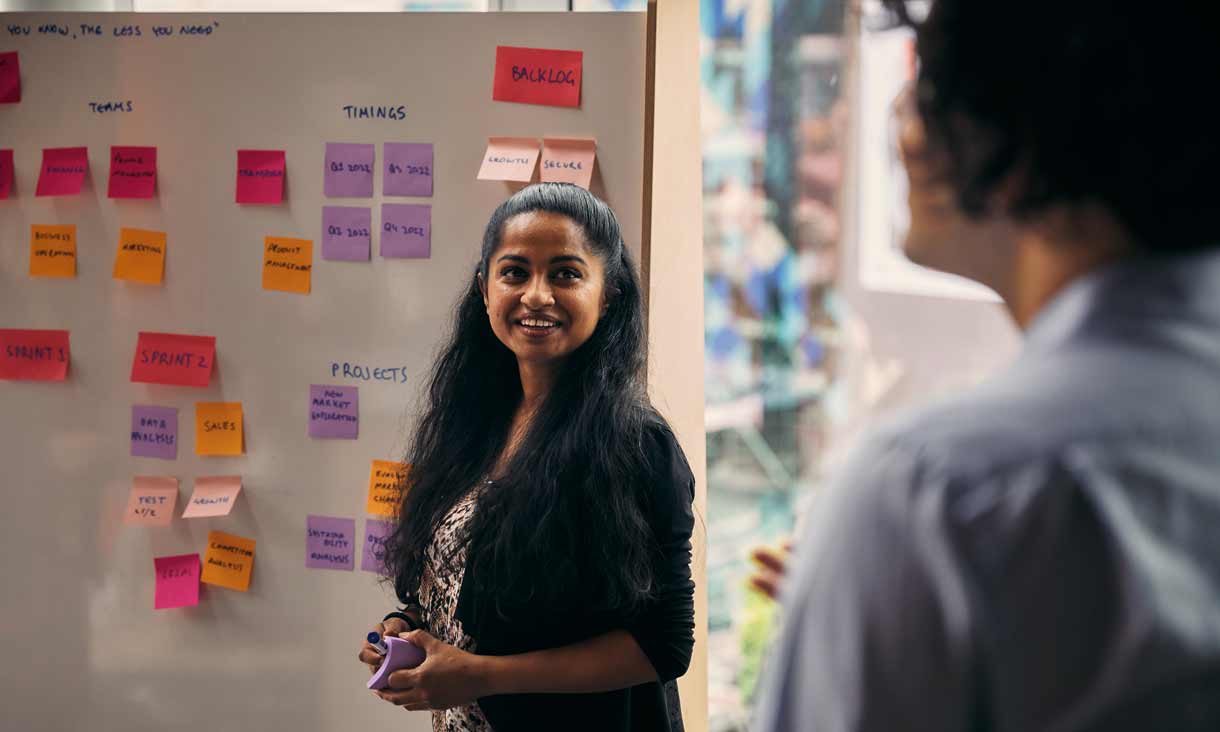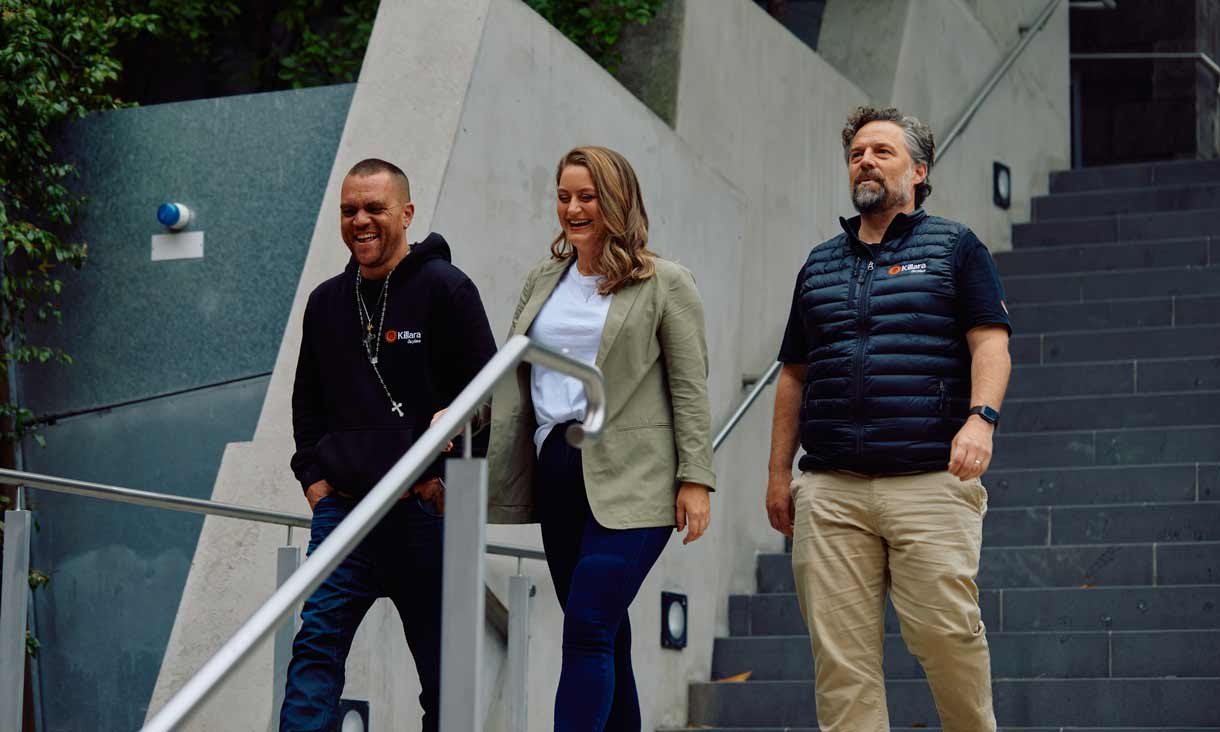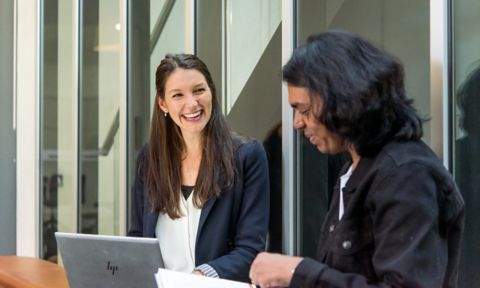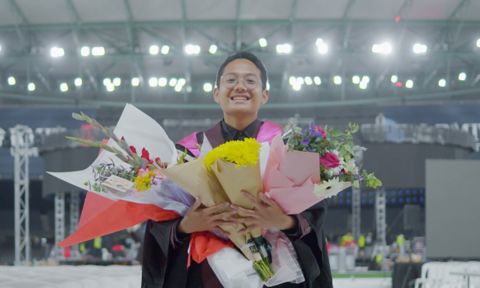#5: Creativity
Many of RMIT’s courses combine technical skills and creativity. Even if your course wasn’t within the realm of a creative field, the intuition and inspiration you used as part of your day-to-day studies allowed you to exercise creativity.
Employers value the new ideas you can bring to their teams and project, so make sure you carry this through to your professional working life. Depending on the role you’re applying for, creativity may be an example of when you thought outside the box to solve an issue. Developing your creativity gives you a competitive edge in the job market by illustrating that you have an innovative mind.
#6: Critical thinking
Critical thinking involves solving problems and making informed decisions by reviewing all the available information. By analysing and synthesising information during your coursework, you might have engaged your critical thinking skills without even realising.
Having examples of critical thinking in your CV shows that you can be self-aware and intuitive. These are important traits for employers often looking for those who have dealt with complex situations.
If enhancing your critical thinking skills is something you’re interested in as a graduate, RMIT’s IT courses might interest you! An info tech course that teaches you critical thinking skills also opens a doorway to the increasingly in-demand tech sector. According to Hon Ed Husic, Australian Minister for Industry and Science there will be 1.2 million technology-related jobs in Australia by 2030 6.
#7: Time management
Having successfully graduated from your course at RMIT, you know all too well how important time management is to ensuring projects are managed correctly and competing priorities are met
Time management often goes together with project management, as both skillsets involve breaking down tasks, noting dependencies and potential blocks, and committing to your schedule.
If you’d like to further develop your time and project management skills, consider RMIT’s Graduate Certificate in Project Management. With an emphasis on the practical application of theory, you’ll develop examples of these soft skills during your study and expand your capacity to respond to current and emerging issues and trends. In as little as six months, you’lllearn how to run complex projects with a range of stakeholders, managing all phases on time and to budget, and contribute to an increase in business effectiveness.
Story: Jacqueline Guldon








